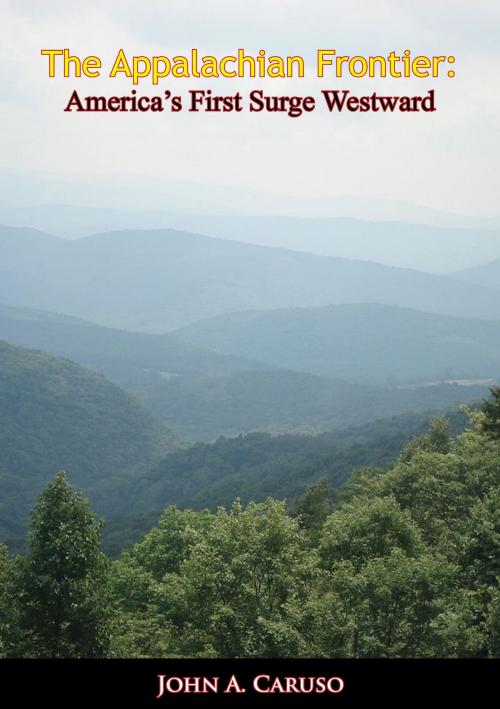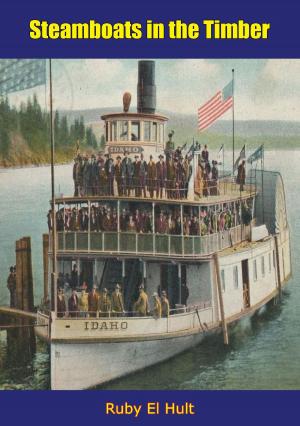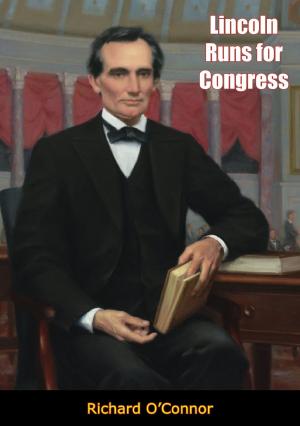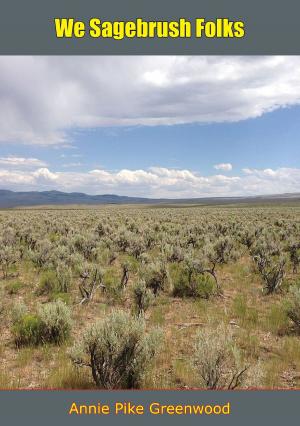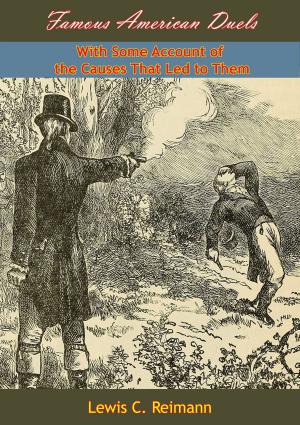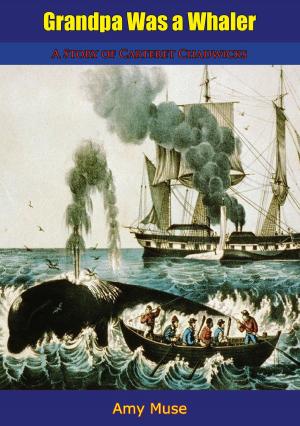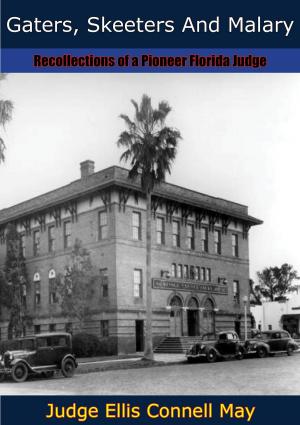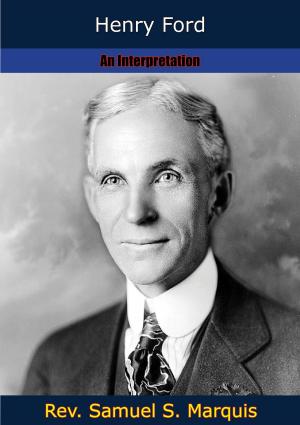The Appalachian Frontier
America’s First Surge Westward
Nonfiction, History, Military, Other, United States, Americas, 20th Century| Author: | Dr. John A. Caruso | ISBN: | 9781787204072 |
| Publisher: | Papamoa Press | Publication: | April 7, 2017 |
| Imprint: | Papamoa Press | Language: | English |
| Author: | Dr. John A. Caruso |
| ISBN: | 9781787204072 |
| Publisher: | Papamoa Press |
| Publication: | April 7, 2017 |
| Imprint: | Papamoa Press |
| Language: | English |
John A. Caruso’s The Appalachian Frontier is a stirring drama of the beginnings of American westward expansion. It traces the advance of the frontier in the area between the Ohio and Tennessee rivers and the development of the American character—those attitudes toward personal liberty and dignity that have come to epitomize our national ideal. The Appalachian Frontier is no mere catalog of facts; it is a recreation of life.
Not until about 1650, more than a generation after the first English settlements were established on the eastern coast, did organized bands of white explorers, hunters and fur trappers venture very far into the trackless back country claimed by the British Crown. Beginning with those earliest scouting parties The Appalachian Frontier presses with the pioneers past the Fall Line and the pine barrens into the Piedmont of Virginia, on through gaps in the Blue Ridge Mountains to the Great Valley of the Appalachians, through the Great Valley to the jagged peaks of the Allegheny Front and, finally, over those peaks into the rich country of Kentucky and Tennessee.
As the frontiersman advances he discovers that the rules prevailing in the European-dominated eastern settlements do not apply in his new situation. Thus we see him formulate the rudiments of a law of his own. As his life grows more complex, he frames compacts and, finally; constitutions peculiarly adapted to the exigencies of frontier living. We are present at the inception of the fluid democracy that later engulfed the more stable coastal colonies and ultimately came to characterize the government of the United States. The story closes, quite properly, with the admission of Tennessee into the Union in 1796.
In John A. Caruso’s bright, informal, sometimes almost racy telling of the tale, historical personages emerge as real people whose triumphs and heartaches we share, with whose deficiencies and inadequacies we sympathize, and in whose hours of nobility we rejoice.
John A. Caruso’s The Appalachian Frontier is a stirring drama of the beginnings of American westward expansion. It traces the advance of the frontier in the area between the Ohio and Tennessee rivers and the development of the American character—those attitudes toward personal liberty and dignity that have come to epitomize our national ideal. The Appalachian Frontier is no mere catalog of facts; it is a recreation of life.
Not until about 1650, more than a generation after the first English settlements were established on the eastern coast, did organized bands of white explorers, hunters and fur trappers venture very far into the trackless back country claimed by the British Crown. Beginning with those earliest scouting parties The Appalachian Frontier presses with the pioneers past the Fall Line and the pine barrens into the Piedmont of Virginia, on through gaps in the Blue Ridge Mountains to the Great Valley of the Appalachians, through the Great Valley to the jagged peaks of the Allegheny Front and, finally, over those peaks into the rich country of Kentucky and Tennessee.
As the frontiersman advances he discovers that the rules prevailing in the European-dominated eastern settlements do not apply in his new situation. Thus we see him formulate the rudiments of a law of his own. As his life grows more complex, he frames compacts and, finally; constitutions peculiarly adapted to the exigencies of frontier living. We are present at the inception of the fluid democracy that later engulfed the more stable coastal colonies and ultimately came to characterize the government of the United States. The story closes, quite properly, with the admission of Tennessee into the Union in 1796.
In John A. Caruso’s bright, informal, sometimes almost racy telling of the tale, historical personages emerge as real people whose triumphs and heartaches we share, with whose deficiencies and inadequacies we sympathize, and in whose hours of nobility we rejoice.
